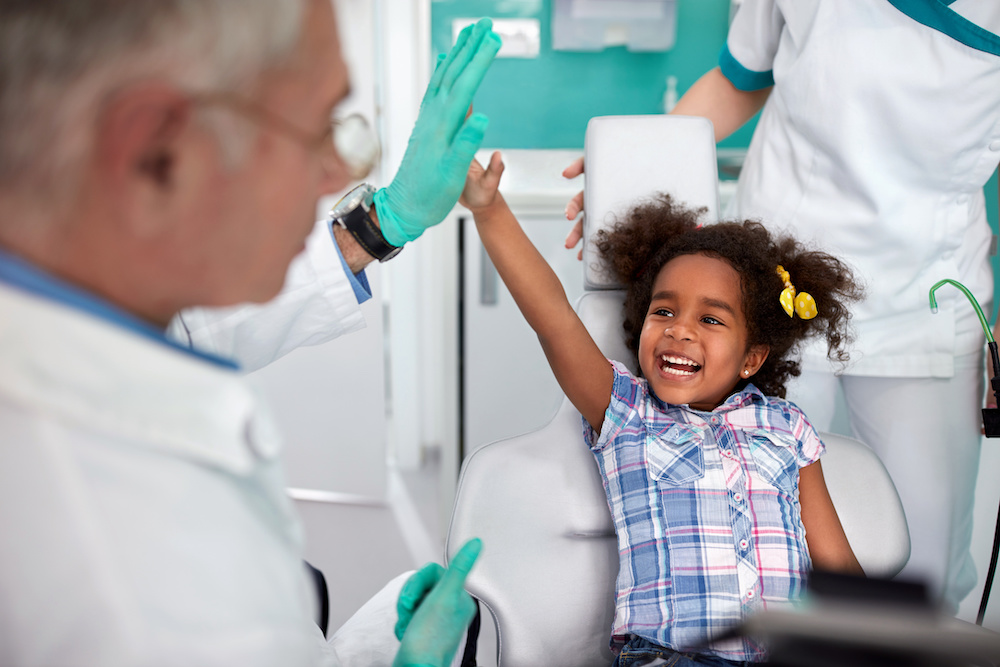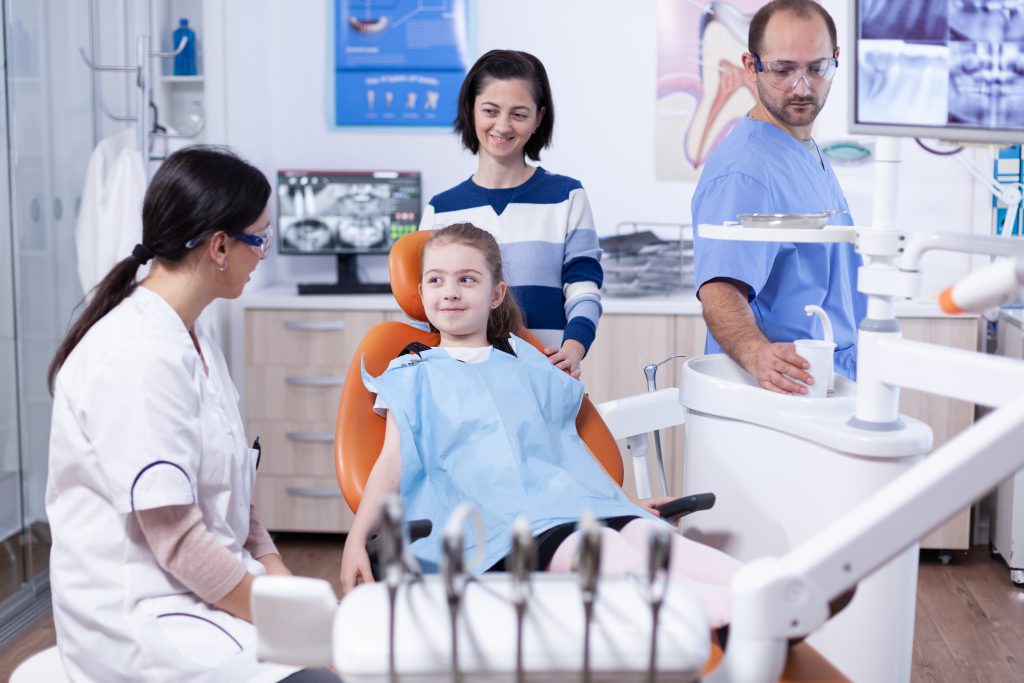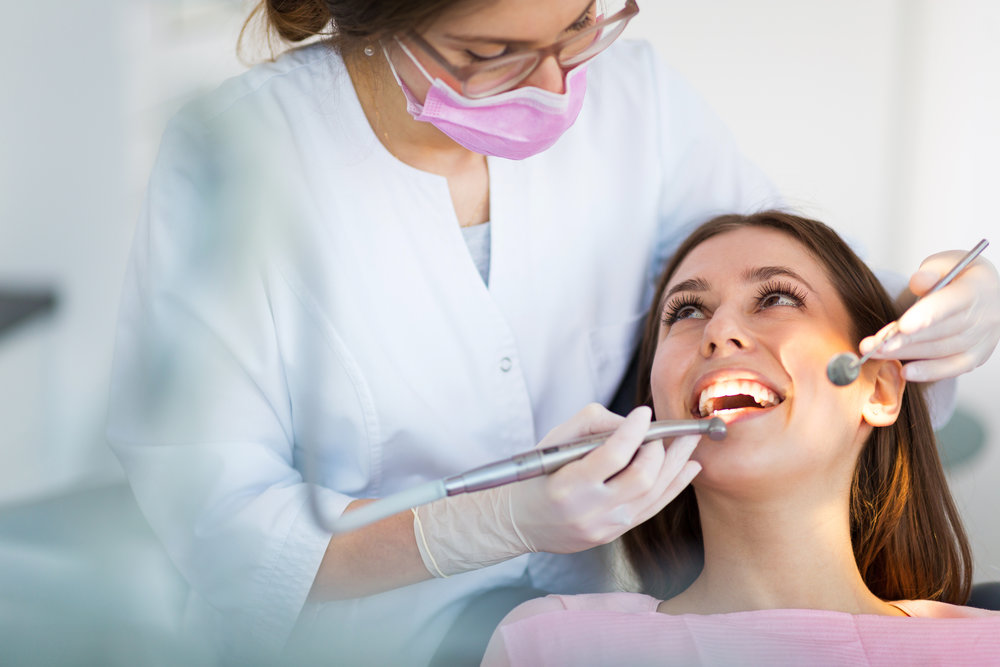General anesthesia can be an effective solution for pediatric patients who struggle with sitting still or cooperating during long procedures. However, it’s important to be aware of the potential side effects and how to care for your child after the procedure. Here are some tips to help ensure a smooth recovery.
- Monitoring: After the procedure, your child may feel drowsy and disoriented. It’s important to closely monitor your child and make sure they are safe and comfortable. Avoid letting them do anything that could be harmful, such as climbing or playing with sharp objects.
- Hydration: Encourage your child to drink plenty of fluids to help keep them hydrated and to prevent nausea or vomiting. Avoid giving them anything to eat or drink until they are fully awake and alert.
- Pain Management: Your child may experience some discomfort or pain after the procedure. Your dentist will provide pain management options and instructions, such as taking over-the-counter pain medication or applying ice to the affected area. Be sure to follow these instructions carefully to help reduce discomfort and promote healing.
- Rest: Encourage your child to rest and avoid strenuous activity for the first 24-48 hours after the procedure. This will help their body recover and reduce the risk of complications.
- Follow-Up: Be sure to attend any scheduled follow-up appointments with your dentist to monitor your child’s progress and ensure that the procedure was a success.
In conclusion, general anesthesia can be a safe and effective solution for pediatric patients undergoing full mouth rehabilitation or other complex dental procedures. By taking proper care of your child after the procedure, you can help ensure a smooth recovery and reduce the risk of complications. If you have any concerns or questions, be sure to speak with your dentist. They can provide personalized advice and support to help ensure the best possible outcome for your child.





